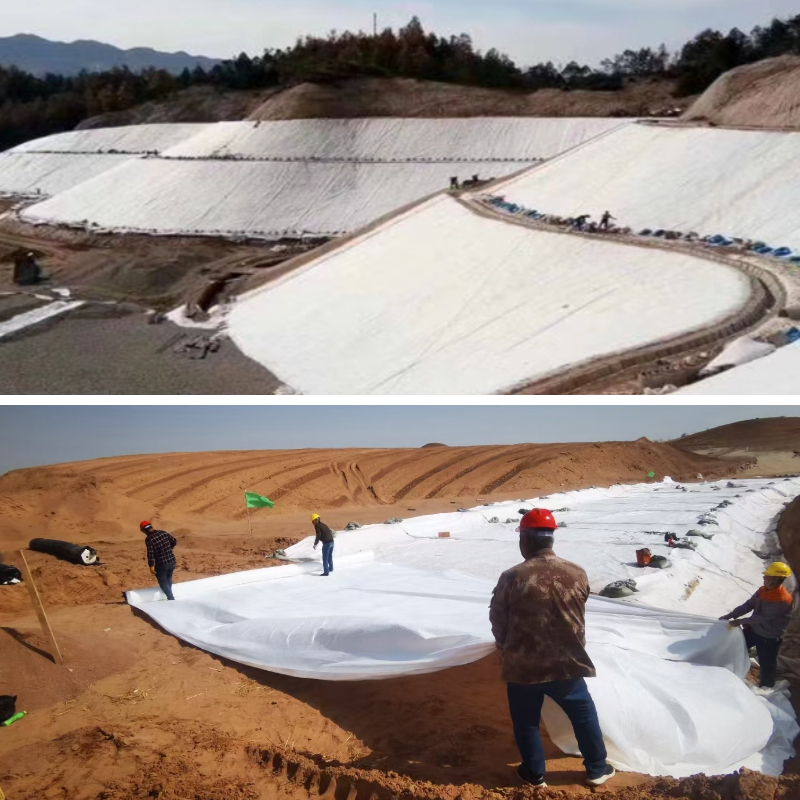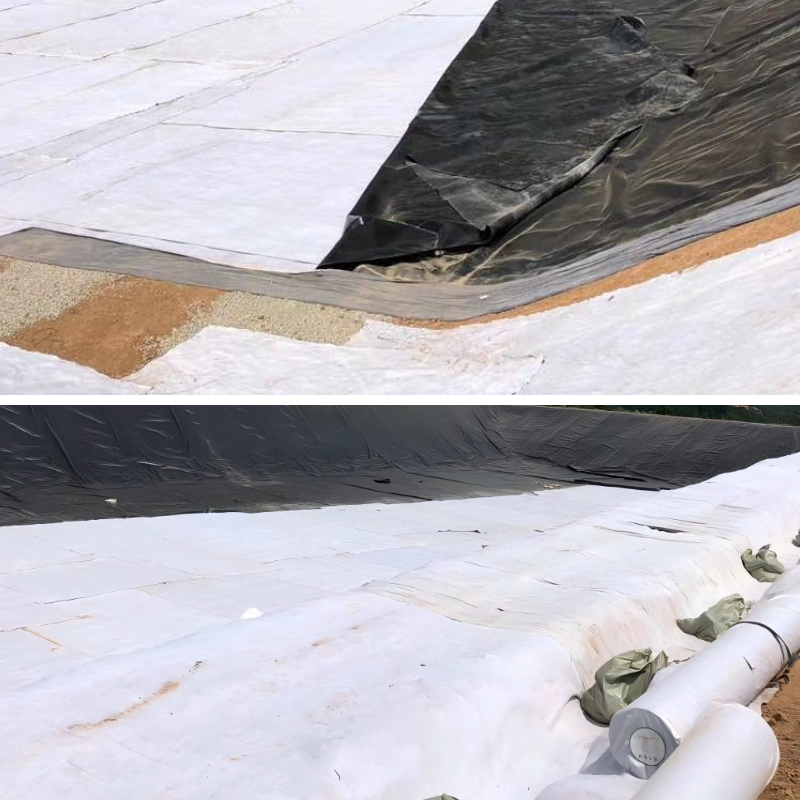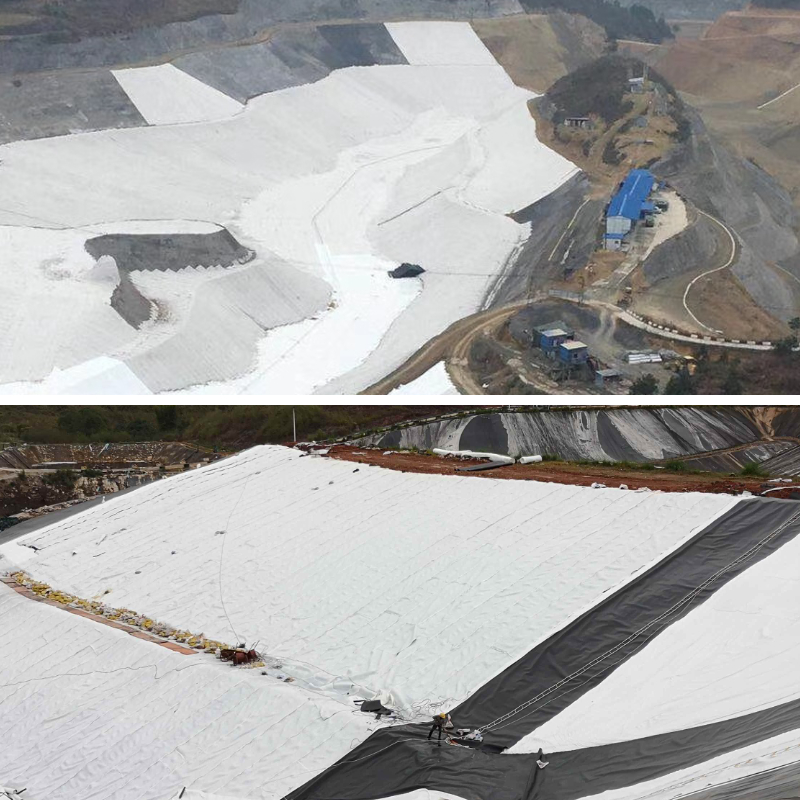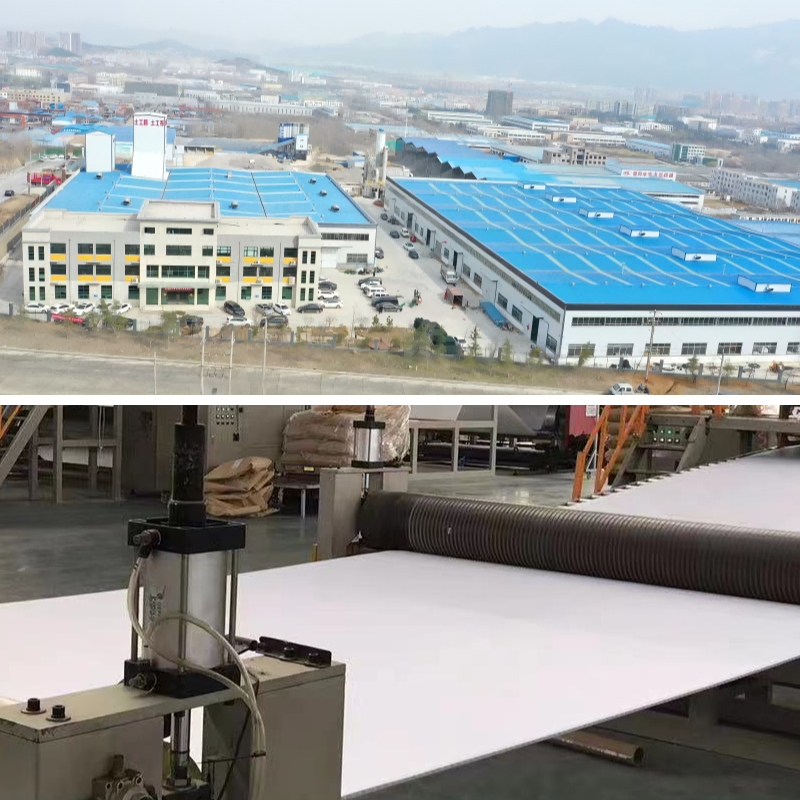Best Geotextile Cloth for Driveways: What to Look for (Thickness, Material, & Permeability)
A long-lasting driveway isn’t actually developed with remarkable gravel or asphalt—it wishes a reliable underlayer to stand up to erosion, quit material sinking, and extend its lifespan. That underlayer is geotextile cloth, a specialised material that acts as a barrier between soil and driveway materials. But with limitless options on the market, deciding on the right geotextile fabric for driveway use requires focusing on three non-negotiable factors: thickness, material, and permeability. Below, we wreck down every component in element to aid you make investments in a geotextile that protects your driveway for years.
1. Thickness: Match Weight to Your Driveway’s Traffic
Thickness is the groundwork of geotextile durability, measured in ounces per rectangular yard (oz/yd²). It immediately determines how properly the cloth resists tears, punctures, and the pressure of vehicles—critical for driveways that control every day traffic, heavy trucks, or tools like snowplows.
Lightweight geotextile cloth (8–12 oz/yd²) is entirely gorgeous for non-vehicular areas like walkways or outside beds. Using it for driveways leads to fast tearing: vehicle tires pull at the fabric, inflicting gravel to shift and growing uneven ruts that favor normal regrading. For most residential driveways with daily passenger vehicles or SUVs, medium-weight geotextile (12–20 oz/yd²) is ideal. It balances flexibility and strength, stopping soil from mixing with gravel at the same time as absorbing the stress of day by day use. For asphalt or concrete driveways, this thickness moreover reduces cracking by using minimizing soil action below the surface.
Heavyweight geotextile fabric for driveway (20+ oz/yd²) is a should for high-traffic or heavy-use scenarios. If you park RVs, industrial trucks, or use constructing equipment on your driveway, this density resists stretching and tearing even beneath extreme pressure. Commercial homes (like small retail lots) or houses with shared driveways moreover gain from heavyweight options, as they reduce down on long-term upkeep costs.
A key rule: Gravel driveways desire thicker geotextile cloth than asphalt or concrete. Loose gravel exerts higher pressure on the fabric, so a 18–20 oz/yd² preference prevents gravel from piercing through. Asphalt driveways can use medium-weight variants, alternatively in areas with freeze-thaw cycles (where soil expands and contracts), heavyweight geotextile adds increased stability.
2. Material: Choose a Geotextile That Withstands the Elements
The fabric of your geotextile cloth dictates its longevity, resistance to weather, and compatibility with driveway conditions. Not all fabric maintain up to sunlight, moisture, or chemicals—selecting the proper one avoids normal replacements.
Polypropylene: The Top Choice for Most Driveways
Polypropylene is the most well-known cloth for geotextile fabric for driveway use, thanks to its unbeatable aggregate of sturdiness and affordability. It’s UV-resistant, so it won’t degrade in direct daytime (critical for driveways uncovered to hours of day by day sun). Unlike herbal fibers, it repels moisture, stopping mold, mildew, or rot—essential for moist climates the place rain or snow is frequent. It’s moreover budget-friendly, making it reachable for householders looking out to stability great and cost.
Opt for woven polypropylene geotextile over non-woven. Woven fabric have tight, interlocked fibers that face up to tearing higher than pressed non-woven mats. For example, a woven polypropylene geotextile cloth can stand up to unintended scrapes from shovels or wheelbarrows, even as non-woven choices may also rip.
Polyester: Heavy-Duty for Extreme Conditions
Polyester is more desirable than polypropylene, making it perfect for driveways going via harsh stress or environments. It has excessive tensile strength, so it won’t stretch under heavy loads—perfect for driveways with large cars (like dump trucks) or regular traffic. It’s moreover chemical-resistant, standing up to oil leaks, fuel spills, and de-icing salts (a ought to for bloodless climates the place salt is used to soften snow).
The tradeoff? Polyester geotextile is greater expensive. It’s simply well worth the funding for business driveways (e.g., gas stations, warehouses) or properties in severe climates, alternatively overkill for fundamental residential use.
Natural Fibers: Avoid for Driveways
Natural fibers like jute or cotton may additionally show up eco-friendly, then again they’re a horrible suit for geotextile in driveways. They decompose quickly in daytime or moisture (often lasting in reality 6–12 months) and soak up water, main to mould and sagging. This motives soil to mix with gravel, developing uneven surfaces and growing upkeep work. For sustainable options, choose recycled polypropylene geotextile cloth—made from plastic waste like water bottles, it’s eco-friendly and durable.
3. Permeability: Ensure Drainage to Prevent Driveway Damage
Permeability—how well geotextile fabric for driveway lets water omit through—is vital for fending off damage. Poor drainage traps water under the driveway, softening soil and inflicting gravel to sink, asphalt to crack, or concrete to shift. In winter, trapped water freezes and expands, worsening cracks. The right geotextile drains water swiftly even as trapping soil particles.
Permeability is measured via waft price (gallons per minute per rectangular foot, gpm/ft²) and porosity (percentage of open place in the fabric). For driveways, intention for a float fee of 1–5 gpm/ft²—enough to cope with heavy rain except pooling. Porosity should stability drainage and soil retention: too a whole lot porosity lets soil mix with gravel, while too little traps water. Always take a look at product labels for these metrics; reputable geotextile manufacturers really listing them.
Woven geotextile is best possible satisfactory for permeability. Its uniform, small pores let water drain evenly at some point of the driveway, stopping pooling. This is mainly essential for gravel driveways, the place drainage stops gravel from washing away. Non-woven geotextile cloth has larger, inconsistent pores—better for outside filtration than driveway drainage, as it can clog with soil and purpose uneven water flow.
Never use impermeable elements like plastic sheeting as a substitute of geotextile. They entice water, turning soil into mud that weakens the driveway’s foundation. This leads to ruts, cracks, and high priced repairs a long way quicker than a quality geotextile fabric for driveway.
4.Final Tips for Choosing the Best Geotextile Cloth
Check Local Codes: Some areas require specific geotextile types (e.g., heavyweight for clay soil). Confirm with your neighborhood constructing department to keep away from code violations.
Calculate Coverage: Measure your driveway’s size and width, then add 6 inches to each and every side. This extra geotextile fabric for driveway prevents soil from seeping in at the edges.
Test Permeability: Pour water over a geotextile cloth sample—if it takes greater than a few seconds to drain, it’s now not suitable.
Install Correctly: Lay geotextile on level, compacted soil. Overlap parts through no higher than 6 inches (too tons overlap blocks drainage) and impenetrable edges with stakes.
By focusing on thickness, material, and permeability, you’ll pick a geotextile that protects your driveway, reduces maintenance, and saves money. Whether putting in a new gravel driveway or repairing asphalt, the right geotextile fabric for driveway is the key to a long-lasting surface.
Contact Us
Company Name: Shandong Chuangwei New Materials Co., LTD
Contact Person :Jaden Sylvan
Contact Number :+86 19305485668
WhatsApp:+86 19305485668
Enterprise Email: cggeosynthetics@gmail.com
Enterprise Address: Entrepreneurship Park, Dayue District, Tai 'an City,
Shandong Province









